Bad mothers in Bible stories
Have you ever heard stories about mothers in the Bible who did terrible things?
Maybe you have heard about Eve, who disobeyed God and ate the forbidden fruit, or about Lot’s wife, who turned back and looked at the destruction of Sodom and Gomorrah.
These stories might make you wonder: why would a mother do something wrong?
In this article, we will explore some of the stories of bad mothers in the Bible and try to understand why they made their choices.
First, let us talk about why learning from these stories is essential.
By understanding these mothers’ mistakes, we can learn how to make better choices and become the best versions of ourselves.
Athaliah
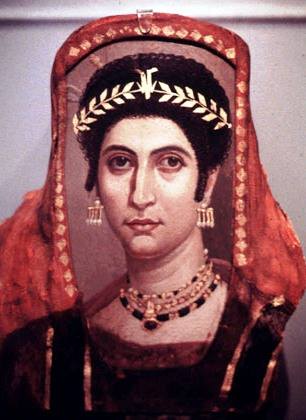
Athaliah was a bad mother because she encouraged her son, King Ahaziah, to make bad choices.
She was also responsible for the deaths of all her grandchildren, except for one hidden away so that she could seize the throne for herself.
Encouraging someone to make bad choices is not an excellent way to show love or support.
As children, having parents who guide us in the right direction and help us make good choices is essential. By doing this, parents can help us become responsible and successful adults.
Additionally, Athaliah’s selfishness and thirst for power led her to commit terrible acts.
It shows us that avoiding being consumed by our desires is essential, as it can lead us to make bad choices that harm others.
Instead, we should focus on doing what is right and fair, even if it means putting our wants and needs aside.
We can learn from Athaliah’s mistakes by recognizing the importance of being a supportive and guiding influence in the lives of our loved ones.
We should also be mindful of our desires and prioritize doing what is right, even when difficult.
By doing this, we can become the best versions of ourselves and positively impact the lives of those around us.
Herodias
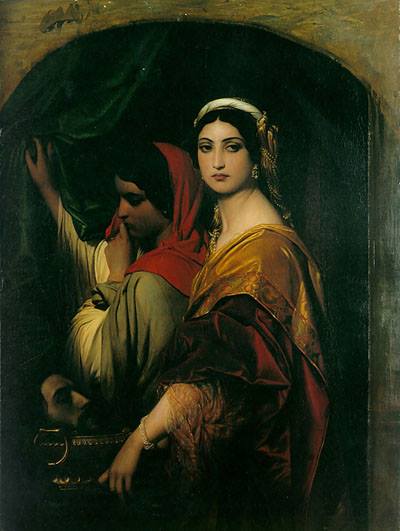
The mother, Herodias, made several mistakes as a mother. She encouraged her daughter to dance seductively before King Herod, which led to John the Baptist’s beheading.
She prioritized her desires over her daughter’s well-being and allowed her daughter to be a pawn in her political games.
So what can we learn from Herodias’ mistakes?
First, we can understand the importance of putting our children’s well-being before our desires.
As parents, we guide our children and teach them right and wrong. We should prioritize their safety and happiness, even sacrificing our wants and needs.
Second, we can learn the importance of being mindful of the messages we send to our children.
Herodias’ actions conveyed that using one’s body to manipulate others for personal gain was acceptable.
As parents, we should be mindful of the messages we send our children through our actions and ensure that we are modeling positive and healthy behaviors.
By learning from Herodias’ mistakes, we can strive to become the best versions of ourselves as parents and individuals.
We can work to prioritize our children’s well-being, be mindful of the messages we send, and make choices that align with our values and principles.
Jezebel
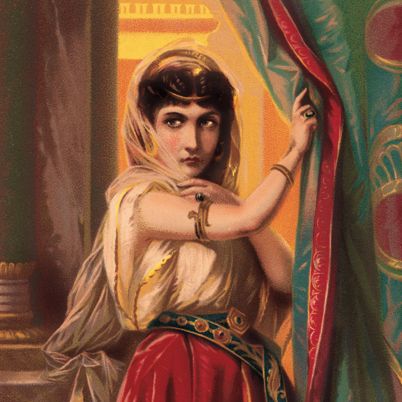
Jezebel was considered a bad mother in the Bible because Jezebel did not teach her son, Ahaziah, to follow God’s ways.
Instead, she encouraged him to worship false gods and engage in sinful practices.
Second, Jezebel used her power and influence to manipulate and control her son rather than guide him with love and wisdom.
Third, Jezebel’s actions led to her son’s downfall, as he followed in her footsteps and continued to lead Israel away from God.
By learning from Jezebel’s mistakes, we can make better choices ourselves and become the best versions of ourselves.
We can understand the importance of teaching our children to follow God’s ways and to make choices based on love and wisdom rather than power and control.
Also, we can learn the consequences of our actions and how they can impact us and those around us.
We can positively impact our communities and the world by striving to be good examples to our children and those around us.
Lot’s wife
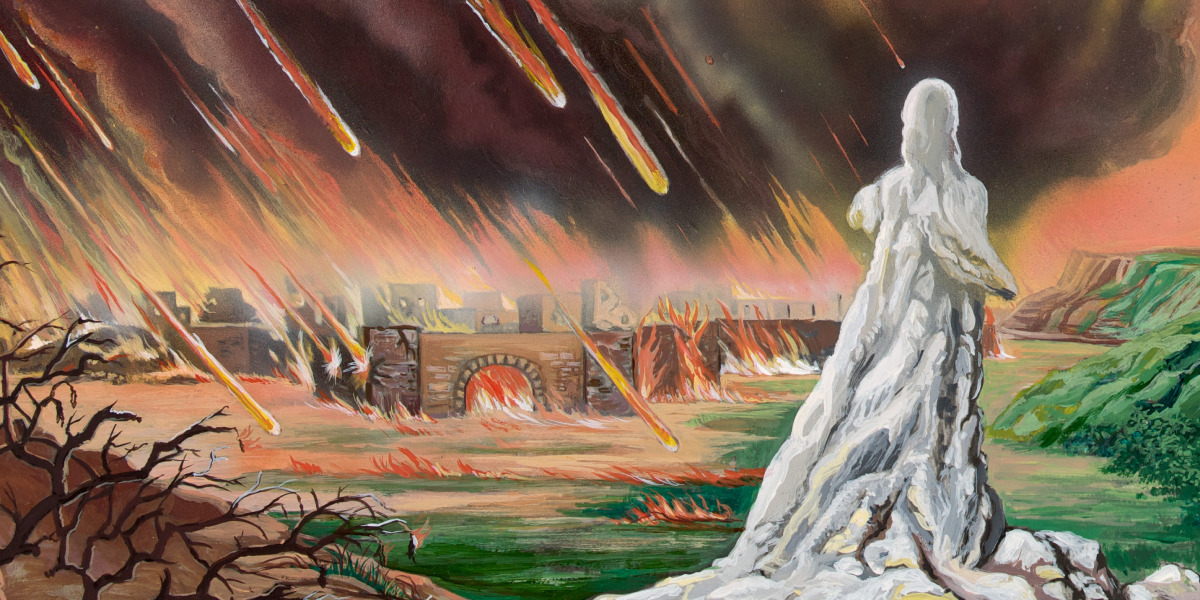
Despite being warned by the angels, Lot’s wife went against their instructions and looked back as they fled from Sodom and Gomorrah’s destruction.
Instead of trusting in God’s plan and following the instructions she was given, she looked back and was turned into a pillar of salt.
It is a cautionary tale for us to trust in God and follow His instructions, even when complicated or unclear.
To learn from this story and make better choices, we can start by trusting in God and following His guidance.
It means actively seeking His will through prayer and studying His word. We can also learn from the mistakes of others and avoid making the same errors ourselves.
By making conscious choices to follow God’s plan, we can become the best versions of ourselves and live a life that honors Him.
Remember, even when faced with difficult decisions, we can trust that God has a plan for us and that His ways are always best.
Rebekah
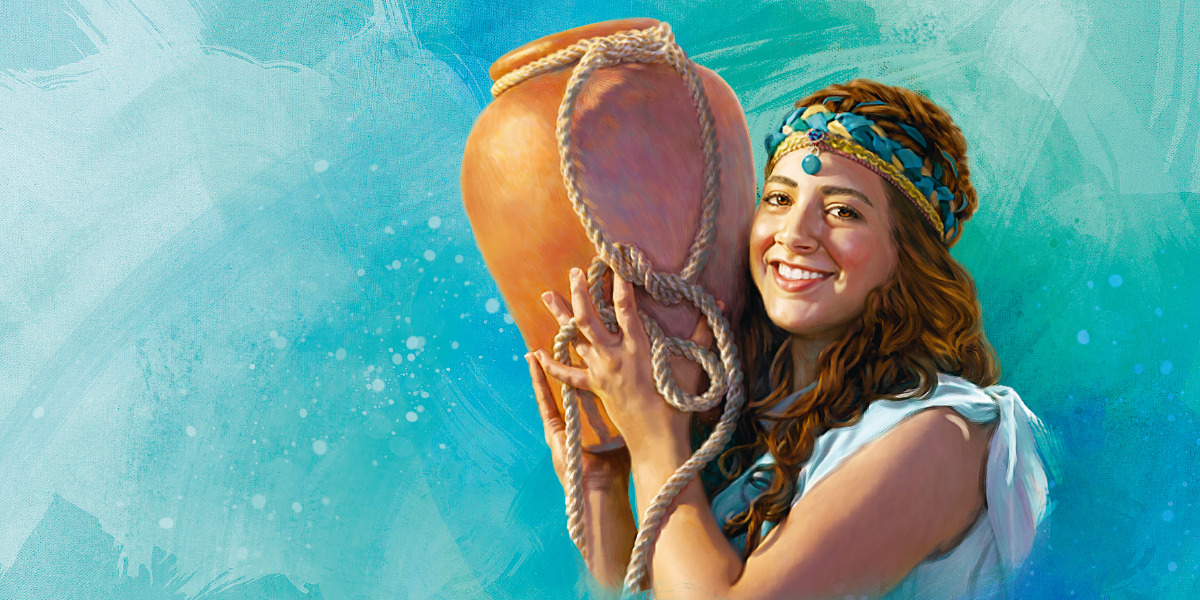
Rebekah is known for being the mother of Jacob and Esau in the Bible, but some people believe that she made mistakes as a mother.
One mistake she made was favoring Jacob over Esau, which caused jealousy and conflict between the two brothers.
Rebekah also encouraged Jacob to deceive their father, Isaac, by pretending to be Esau to receive a blessing for the older brother.
By studying Rebekah’s mistakes, we can learn important lessons about parenting and making wise choices.
For example, we can learn that playing favorites and showing partiality can cause problems and hurt feelings in our families.
Treating each child with love and respect and avoiding comparing them to their siblings is essential.
We can also learn that dishonesty and deception can have severe consequences and that being truthful and honest in our relationships is always better.
By learning from Rebekah’s example, we can strive to be better parents and people and build strong, healthy relationships with those around us.
Sarah
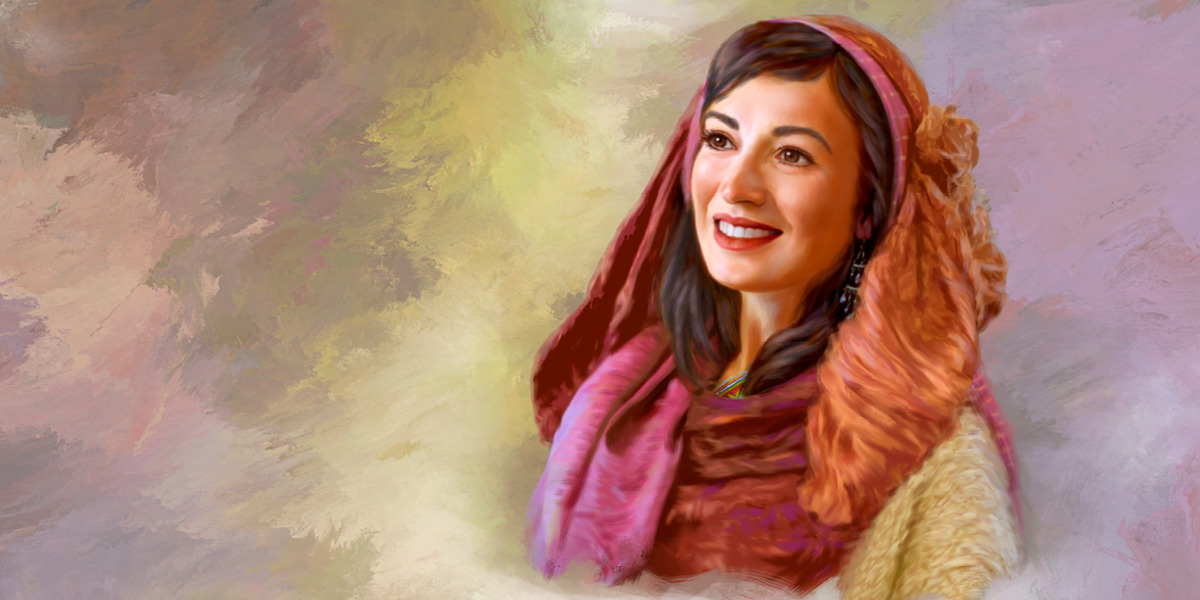
Sarah made a few mistakes as a mother.
First, she didn’t trust God’s promise to give her and Abraham a child, so she took matters into her own hands and had Abraham sleep with her maidservant, Hagar.
It caused many problems, including jealousy and strife between Sarah and Hagar and their children, Ishmael and Isaac.
Second, when God fulfilled His promise and gave Sarah a son, she struggled to let go of her protective instincts and let Isaac go.
It became a problem when God asked Abraham to sacrifice Isaac as a test of faith, and Sarah wasn’t there to provide the emotional support that her husband and son needed.
So what can we learn from Sarah’s mistakes? One lesson is to trust God’s promises, even when they seem impossible or take longer than expected.
Another lesson is to avoid taking matters into our own hands and instead wait for God’s timing and guidance.
Finally, we can learn to let go of our need for control and trust that God will take care of us and our loved ones, even in complex and challenging circumstances.
By applying these lessons, we can become better versions of ourselves and live more faithful, fulfilling lives.







